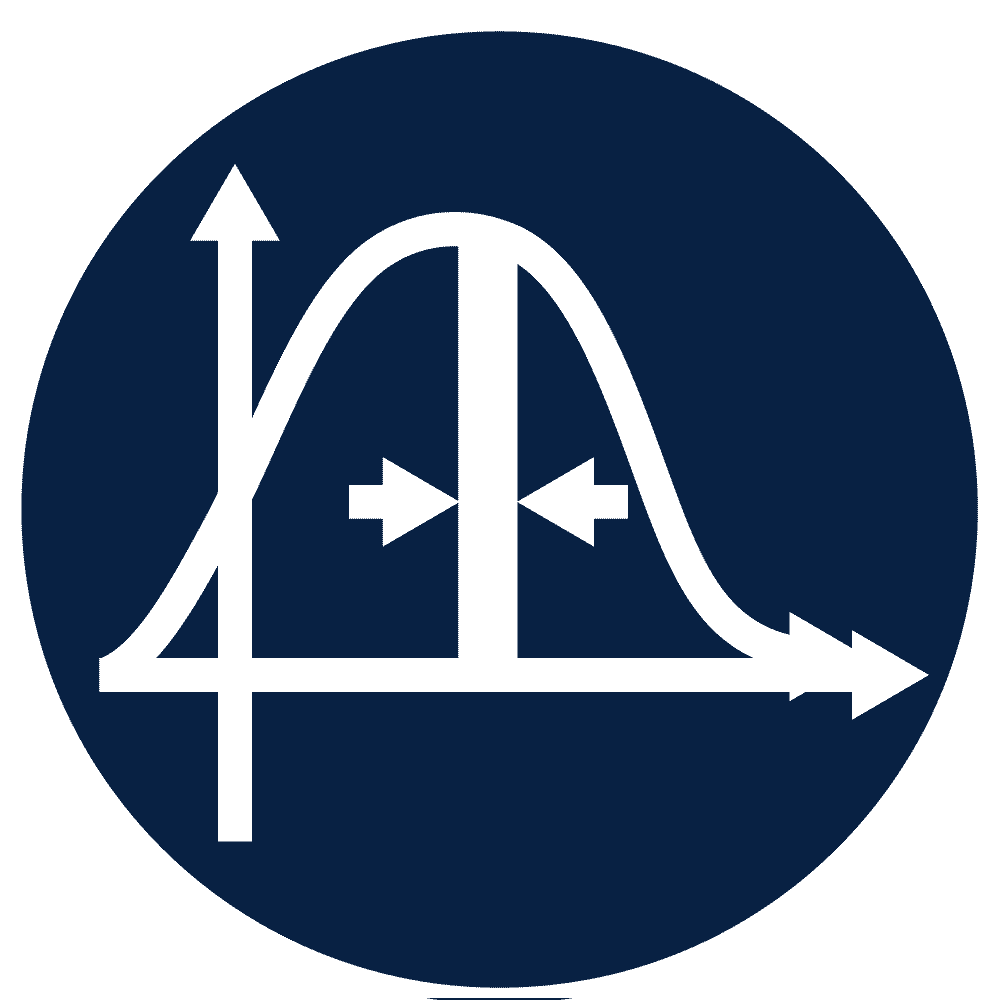Home » Training » Project & Engineering Management Training Courses » Integrated Product Teams
Integrated Product Teams
Learn via this 2-day course how to form and operate Integrated Product Teams (IPTs) for successful product development.
- 2 Days
- Available for Corporate Training only (In-person or online)
- Certificate upon completion
- Professional Development Credits
Get Started Today
View the schedule and register your interest.
Let's Talk
Whether you have a question or are looking to find out more about our training options then please get in touch with us below.
- Summary
- Full Schedule
- Course Overview
- Course Outline
 This course incorporates in-depth corporate training tailored to and using the team’s actual project as a focus, which reinforces an understanding of Integrated Product Teams.
This course incorporates in-depth corporate training tailored to and using the team’s actual project as a focus, which reinforces an understanding of Integrated Product Teams.
The course reviews the related concepts and methods of Integrated Product and Process Development, as applied to projects of significant size and complexity. The training establishes principles for getting the most out of Integrated Product Teams at all stages of a project, with much focus on the human characteristics that affect team performance.
For newly formed Integrated Product Teams, the training is intended to play a major role in start-up, reducing the severity and duration of the typical “Forming” and “Storming” stages of team development.
- This course may be credited toward the maintenance of the INCOSE Certified Systems Engineering Professional (CSEP) certification for 16 Professional Development Units and PDUs may be claimed for PMI’s family of certifications, including PMP
- This course qualifies for Engineers Australia and Engineering New Zealand (IPENZ) CPD purposes (16 hours)
- This course may qualify for CPD, CLP and similar purposes with other organizations (16 instructor hours)
- This course may be credited toward the maintenance of the Project Management Institute (PMI) certifications. Suggested PMI Talent Triangle® PDU allocation:
- Ways of Working – 6
- Power Skills – 8
- Business Acumen – 2
THIS COURSE IS AVAILABLE FOR CORPORATE TRAINING ONLY.
Key Learning Objectives
At the conclusion of this course, participants are expected to:
- have a reasonable working knowledge of Integrated Product Teams, sufficient to sponsor an Integrated Product Team, establish an Integrated Product Team or perform as a member of their Integrated Product Team, at a basic level of performance or better;
- be able to assess whether or not to use an Integrated Product Team for any future product or service development; and
- perform significantly better in their IPT environment, and subsequently in other team environments.
Higher levels of skill and performance in these roles will subsequently be attained through practical experience working with, or in, the IPTs, complemented by and additional facilitation such as quarterly performance workshops.
Training Method and Materials
The facilitation component is developed and delivered flexibly based on need. The facilitation may include Team Leader training (especially important), independent review of plans and processes, quarterly team performance workshops, ad hoc advice, etc.
The base training component is delivered using a balanced combination of video, presentations, workshops and discussion sessions. The workshops and discussions are focused on putting into practice the techniques covered in the presentations and video, including the application of Integrated Product Teams and related concepts to the IPTs specific projects.
The workshops and video are used extensively to reinforce learning and to contribute to the further development of skills.
Participants will be provided with:
- a set of comprehensive bound course notes covering the presentation material and workshop exercises;
- a workshop Workbook;
- other materials and checklists for future reference and use; and
- complimentary access to PPI’s evolving Systems Engineering Goldmine.
Do you Offer Tailoring of this Course?
Yes. All courses are tailored informally verbally in delivery by selecting, where possible, examples matched to the domains of interest to the class. We can also work with you to design a formally customized curriculum for the development of your people. We have done so for many client companies, and we would love to work with you to this end. We always suggest that a client takes the corresponding standard course prior to any customization. For systems engineering, this is because systems engineering is the problem-independent and solution technology-independent principles and supporting methods for the engineering of systems, based on systems thinking. So the objectives of customization need to be very clear and focused on adding further value. In practice, customization, if performed, usually becomes the replacement of examples and possibly the main workshop system with domain-specific equivalents. Substitution of the workshop system usually involves substantial redevelopment of courseware. Out of necessity, formal tailoring of courseware is performed on a fee basis.
0. Course Introduction
- Workshop 0-1: Teamwork
- Workshop 0-2: IPT Cultural Benchmarking – Your IPT
1. Introduction to Concurrent Engineering / Integrated Product and Process Development
- the problem addressed by CE/IPPD
- systems life cycles, systems development/systems engineering and IPPDs
- Workshop 1-1: Project Processes – Your IPT
- serial versus concurrent product and process development
- key tenets of IPPD
- Workshop 1-2: Key Tenets and Your IPT
- the role of Integrated Product Teams in CE/IPPD
- expected benefits of IPPD/IPTs
- the track record of IPPD/IPTs
- myths about IPTs
2. Align IPTs to PBS (WBS)
- what is a PBS/WBS
- purpose of a PBS/WBS
- building a PBS/WBS
- PBS/WBS and IPTs related
- Workshop 2-1: Developing a PBS/WBS
- Workshop 2-2: Developing a PBS/WBS for your IPT’s Scope
3. Organizational Structures Using IPTs
- relationship to PBS/WBS
- IPTs and Product Cells
- IPTs and Functional Cells
- example organizational structures
4. Understanding IPTs
- when to use IPTs
- IPT Membership
- Workshop 4-1: IPT Membership
- Workshop 4-2: IPT Membership – Your IPT
- IPT accountabilities
- influences on IPT Performance
- key success factors for IPTs
- team processes
- innovation
- problem solving
- decision making
- implementation
- communication
- types of IPT
- team size
- achieving customer focus
- challenges to IPT effectiveness
5. Teamworking Processes and Skills
- interacting with others
- Workshop 5-1: Team Member Interaction
- communication techniques
- Workshop 5-2: Communication
- personality profiling
6. Implementing IPTs
- IPT phases of maturity – forming, storming, norming and performing
- IPT formation and start-up
- changes – people, personal reward, performance
- types of team training
- IPT sponsor start-up considerations and actions
- Team Leader roles, duties and qualities
- Team Member roles, duties and qualities
- IPT kickoff meeting
- team rules
- meeting basics
- promoting interactions
- stakeholder focus
- stakeholder feedback
- Workshop 6-1: Your IPT & Stakeholder Focus
- Workshop 6-2: Using Decision Support in Stakeholder Focus – Your IPT
- infrastructure support
- software support
- enterprise partnering
- team champion
- rotation of team membership
- alternatives to team collocation
- coordination of IPT meetings
- high performance teams
7. IPTs and ….
- IPTs in acquisition
- IPTs and evolutionary acquisition
- IPTs and ISO 9001
- PPTs and PRINCE2R
- IPTs and the PMBOK
- IPTs and data management/configuration management
- IPTs and V&V
- IPTs and contemporary system life cycle standards
8. What have we achieved?
Featured Course Reviews

Great material and the knowledge of the presenter. The course provided very valuable information that will be put to use immediately.
Anthony

I learned a great deal about my co-workers by observing their reactions to the course material – an invaluable part of the course for me. I will also benefit from the templates and other example/reference material. Being able to use these tools or standard templates will also be highly beneficial.
Jane

Good structure in the course, supplemented by professional course material, presented by a presenter who knew what he was talking about.
Luke

Great material and the knowledge of the presenter. The course provided very valuable information that will be put to use immediately.
Kate
More Courses For You
Engineering Successful Infrastructure Systems
Improve infrastructure projects
Integrated Product Teams
Create high performance teams
Interface Engineering and Management
Avoid interface problems
Managing Technical Projects
Successful technical management
Medical Device Risk Management
Master the ISO 14971 Standard
Medical Device Risk Management
Achieve ISO 14971 compliance
Project Risk and Opportunity Management
Managing risk & opportunity
Software Requirements Analysis & Specification Writing
Develop the right software
Systems Engineering Management
Achieve SE & Program/Project Management alignment